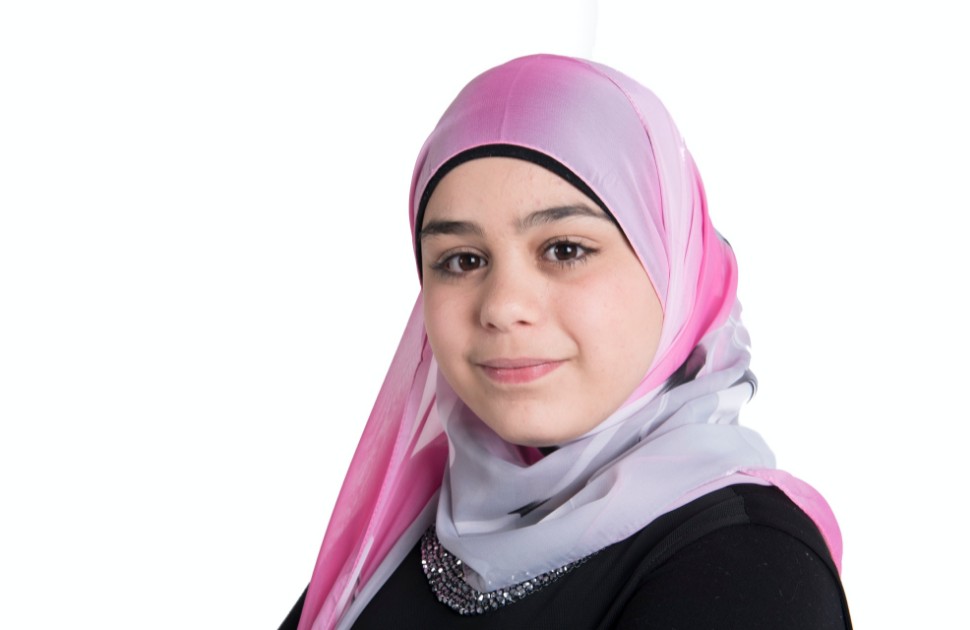CHEO makes every effort to make a child or youth's experience in hospital as positive as possible. Child life specialists help children and youth cope with the stress and uncertainty of illness, injury, disability and hospitalization. They help make sure that life remains as normal as possible for children and youth while in hospital.
Child life specialists
Your child life specialist will:
- Prepare children and youth for medical tests and surgery using age appropriate language and medical play materials to improve understanding of the hospital experience
- Provide support and distraction during medical tests
- Help children and youth understand and cope with a new diagnosis
- Help children and youth learn coping skills to deal with the stress and fear of being in hospital
- Offer normal and specialized play activities to strengthen self-esteem and independence in our playrooms and at the bedside
- Assist siblings in understanding and coping with a brother or sister's hospitalization and/or diagnosis
- Coordinate opportunities for school during extended hospitalizations
- Offer programs such the needle fear workshop, pet therapy, and click (Child Life Interactive Computers for Kids)
- Work in partnership with CHEO's therapeutic clown
Find out directly from a Child Life Specialist how they support kids, youth and families at CHEO.
Research
Research has shown that:
- Children and youth who are prepared for medical procedures experience less fear and anxiety, and will have better long term adjustment to medical encounters
- Children and youth in hospital who participate in therapeutic play with a trained professional show less emotional distress, increased cooperation, and fewer negative responses
- Child life interventions can increase cooperation and help to minimize pain relating to a test or procedure
- Offering support for family members creates a better outcome for young patients
Preparing your child for hospital experiences
In general coming to the hospital can be stressful for your child or youth and the whole family. Knowing what to expect will help everyone be better prepared.
Make sure to:
- Be honest about what will happen. This helps your child or youth trust you and the CHEO staff. The truth is often less scary than what children are actually thinking
- Ask questions and have your child or youth tell you what they know. This is a good way to find out what they are thinking so you can correct any misunderstandings
- Avoid bribes and threats
- Reassure them that it is ok to feel nervous or scared
- Give your child or youth some control by giving age-appropriate choices: “which toy/activity would you like to bring?” Remember to only give choice when you are able to follow through
Preparation by age guidelines
These guidelines are based on age, and will help you prepare your child or youth for hospitalization.
Infants and toddlers (birth – 3 years) |
| Bring comfort items such as pacifiers, favourite toys or blankets. Infants and toddlers may react to changes in routine and after 8 months of age may have difficulty separating from caregivers. Tell the staff how you think your infant will react. You can help by:
|
Preschool children (3 - 6 years) |
| Preschool children may believe that hospitalization is punishment and may not fully understand why the procedure or surgery is needed. You can help by:
|
School-age children (4-12 years) |
| School-age children have a basic understanding of how their body works. They need time and encouragement to ask questions and share their feelings. You can help by:
|
Adolescents (12 - 18 years) |
| Youth are more independent and can become more involved in their own medical care. They may ask for detailed explanations regarding their hospital experience. You can help by:
|
Tips and tools to help cope with hospitalization
Being in hospital can be difficult, especially if your child or youth is in pain due to a procedure or illness/injury. Sitting on a caregiver's lap can help ease young children's fear and provide comfort. During procedures, it is common for children to want to watch and doing so can provide them with a sense of control.
Coping strategies can help a child or youth deal better with medical procedures or pain. Children and youth need an opportunity to choose and practice a coping method.
Here are some ideas:
- Bubbles: using bubbles can encourage deep breathing which will help lower stress and anxiety
- Imagery: “Going to a favourite place” encourages your child or youth to think of positive experiences
- Toys: helps distract your child
- Books: reading together can help distract your child and encourages imagination
- Music: music can be relaxing and soothing and helps relieve stress
- Fidget toys/stress balls: allows your child or youth to focus energy elsewhere
Referrals
If you feel your child would benefit from child life services during a clinic visit or outpatient procedure please speak with a member of your health care team who can start the referral process.
For general inquiries about child life services at CHEO please call 613-737-7600 x 2321.
Visit the child life website for information on the profession.
Hear from some members of Team CHEO and some kids, about how Child Life Specialists support them
Kayden
Maelie
Renée - Registered Nurse, Emergency
Helen - Registered Nurse
Kimberly - Child Life Specialist





